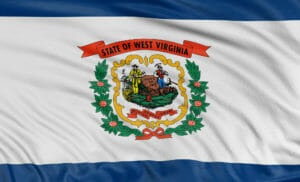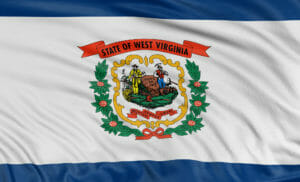
The Agriculture Improvement Act of 2018 (2018 Farm Bill) legalized hemp by removing the crop and its derivatives from the definition of marijuana under the Controlled Substances Act (CSA) and by providing a detailed framework for the cultivation of hemp. The 2018 Farm Bill gives the US Department of Agriculture (USDA) regulatory authority over hemp cultivation at the federal level. In turn, states have the option to maintain primary regulatory authority over the crop cultivated within their borders by submitting a plan to the USDA.
This federal and state interplay has resulted in many legislative and regulatory changes at the state level. Indeed, most states have introduced (and adopted) bills that would authorize the commercial production of hemp within their borders. A smaller but growing number of states also regulate the sale of products derived from hemp. Our attorneys track these developments in real-time on behalf of multiple clients, and we provide a 50-state matrix showing how states regulate hemp and hemp products.
In light of the rapidly evolving legislative changes, we are also presenting a 50-state series analyzing how each jurisdiction treats hemp-derived cannabidiol (Hemp CBD). Today we turn to West Virginia.
West Virginia is one of the few dozen states and tribes that has had a hemp production plan officially approved by the USDA. The West Virginia Department of Agriculture (WDVA) regulates hemp cultivation in West Virginia. Even before the USDA approved West Virginia’s hemp production plan WVDA was issuing hemp licenses pursuant to the Industrial Hemp Development Act and corresponding regulations. Under current West Virginia law, a hemp license (specific to a designated property) is required to cultivate and process hemp. The state imposes pre-harvest testing requirements on cultivators to ensure compliance with state and federal THC limits. And the state has specific enforcement and penalty guidelines for licensees who violate local laws. The cultivation program is fairly standard in terms of what we are seeing in the wake of the 2018 Farm Bill.
When it comes to West CBD, West Virginia takes a more interesting approach. The Industrial Hemp Development Act is very lax when it comes to Hemp CBD products, allowing them to be sold in the state. The law specifically notes that Hemp CBD may be added to cosmetics, products intended for human and animal consumption, and other products without being considered an adulterant. However, the law states:
Retail sales of hemp products may be conducted when the products and the hemp used in the products were grown and cultivated legally in another state or jurisdiction and meet the same or substantially the same requirements for processing hemp products or growing hemp under this article and rules promulgated [under the Industrial Hemp Development Act].
To date, it does not appear that regulations have been issued in West Virginia. WVDA posted proposed hemp products regulations on its website, along with information about those proposed regulations, but they don’t appear to have taken effect yet. According to the information accompanying the proposed regulations, registration with the state will be required to make, distribute, or sell hemp products. While it’s not clear what the status of these regulations are just yet, it is clear that if they take effect, they will create a much more involved regulatory framework that in other states.
We’ll continue to monitor all things hemp in West Virginia and elsewhere. For previous coverage in this series, check out the links below:
- Alabama
- Alaska
- Arizona
- Arkansas
- California
- Colorado
- Connecticut
- Delaware
- Florida
- Georgia
- Guam
- Hawaii
- Idaho
- Illinois
- Indiana
- Iowa
- Kansas
- Kentucky
- Louisiana
- Maine
- Maryland
- Massachusetts
- Michigan
- Minnesota
- Mississippi
- Missouri
- Montana
- Nebraska
- Nevada
- New Hampshire
- New Jersey
- New Mexico
- New York
- North Carolina
- North Dakota
- Ohio
- Oklahoma
- Oregon
- Pennsylvania
- Puerto Rico
- Rhode Island
- South Carolina
- South Dakota
- Tennessee
- Texas
- U.S. Virgin Islands
- Utah
- Vermont
- Virginia
- Washington
The post Hemp CBD Across State Lines: West Virginia appeared first on Harris Bricken.



